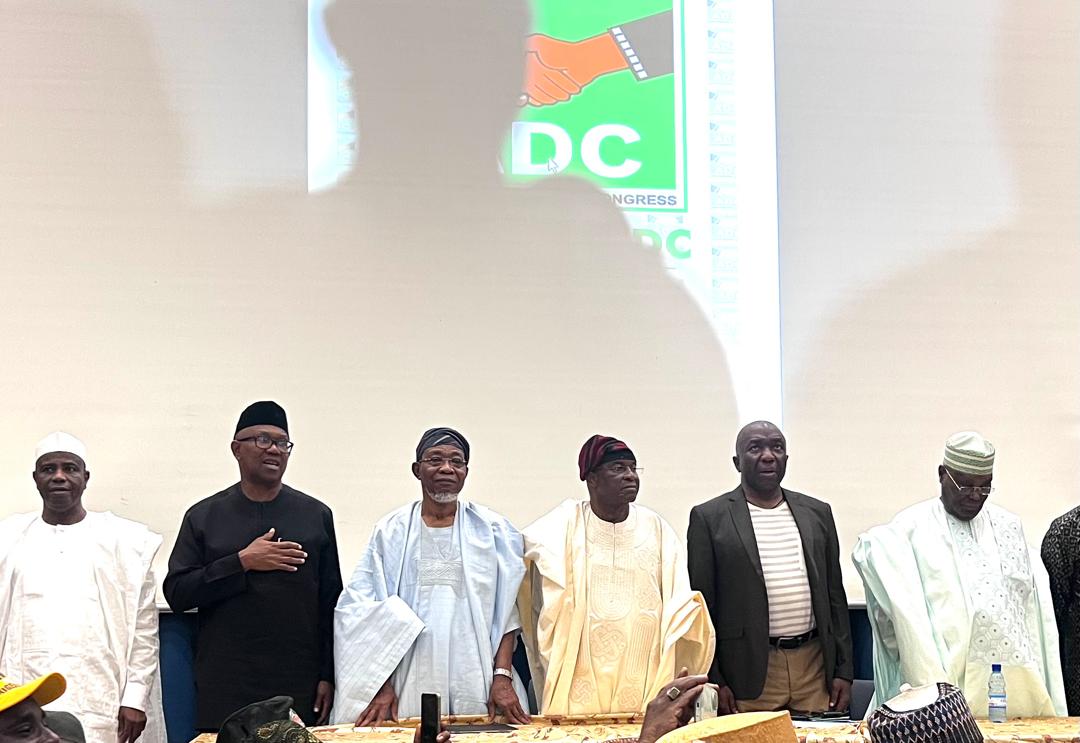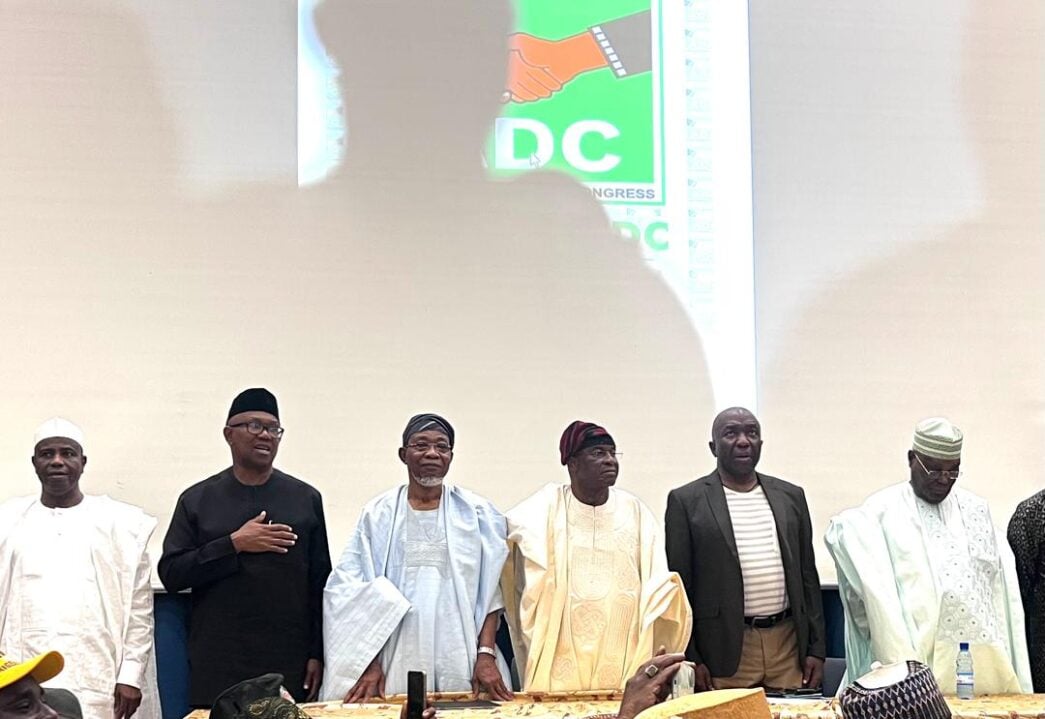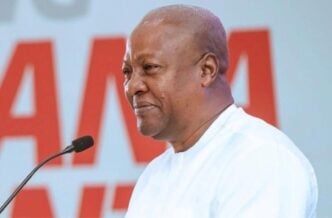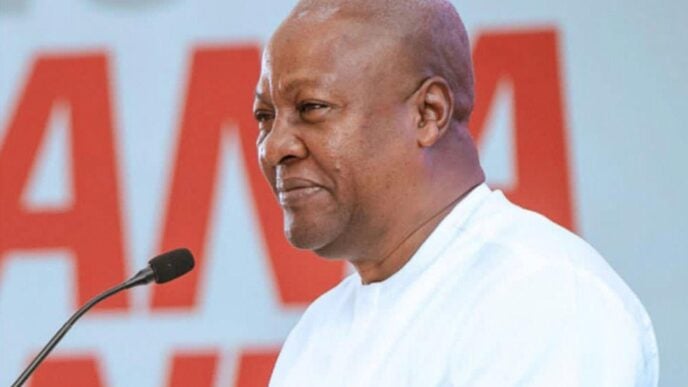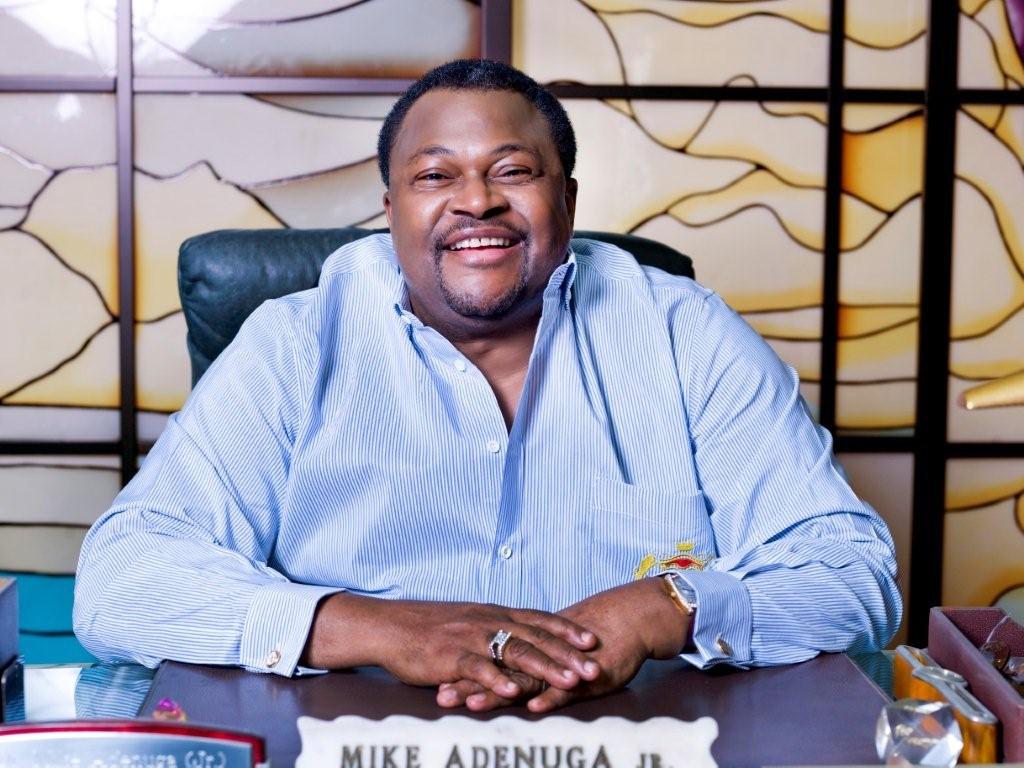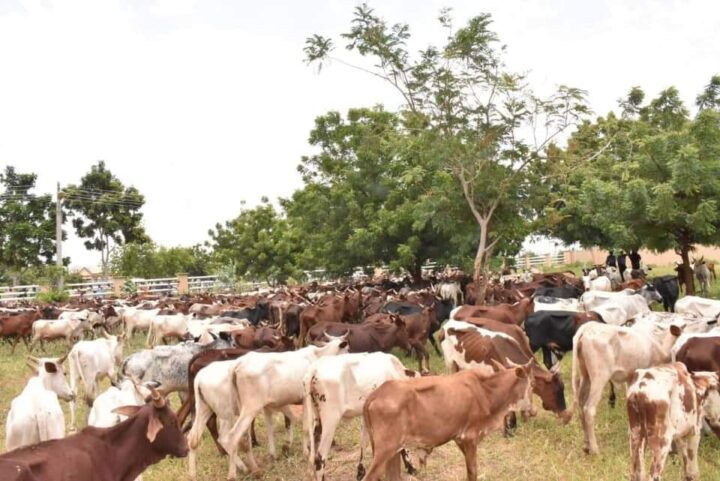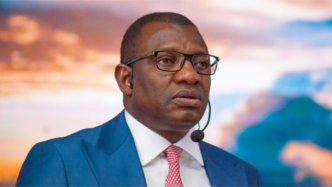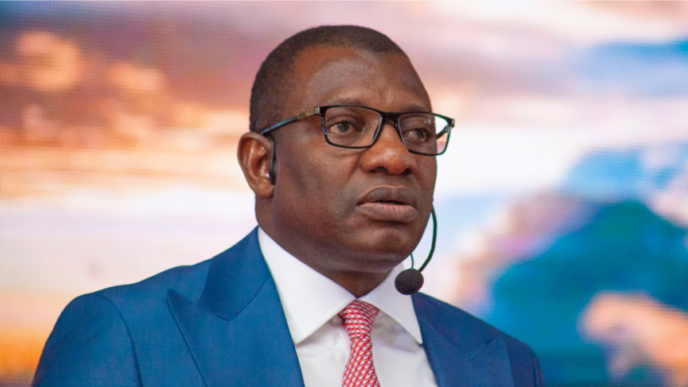Key figures of the ADC coalition
BY STEPHEN KLANZAMA
In July 2025, the African Democratic Congress (ADC) stepped into the national spotlight after dissolving its National Working Committee to accommodate opposition heavyweights eager to unseat the ruling All Progressives Congress (APC) in the 2027 elections. The move instantly transformed ADC into the new face of Nigeria’s opposition. Still, it also raised unsettling questions: is this truly a coalition built on shared vision, a looming collision of egos and ambitions, or a quiet collusion of political elites seeking power by other means?
Political coalitions are not new in Nigeria. The APC itself was conceived in the womb of a coalition and birthed as a merger of the Action Congress of Nigeria (ACN), the Congress for Progressive Change (CPC), the All Nigeria Peoples Party (ANPP), and a faction of the All Progressives Grand Alliance (APGA). On 31 July 2013, the Independent National Electoral Commission (INEC) approved their merger, paving the way for late President Muhammadu Buhari to contest and win the 2015 presidential election with 15,424,921 votes, defeating the incumbent, President Goodluck Jonathan. That historic victory proved that coalitions could alter Nigeria’s political trajectory.
Ten years later, history seems to be repeating itself—though not quite in the same way. Unlike the APC, which was a full merger, the ADC coalition is more of a platform arrangement. On 10 September 2025, exactly 70 days after ADC formally handed over its national structure, INEC recognised Senate President and Minister, Senator David Mark as the interim chairman of the party. That recognition gave the coalition legitimacy. It also revealed its unusual nature of the party as one that has not absorbed whole parties, but rather attracted factions, especially from the PDP and Labour Party. Among the big names now associated with ADC are former Vice President, Alhaji Atiku Abubakar, Ex-governors Peter Obi of Anambra, Nasir El-Rufai of Kaduna, Rotimi Amaechi of Rivers, Rauf Aregbesola of Osun, Chief John Odigie-Oyegun of Edo State and Bolaji Abdullahi, former Minister of Sports.
Yet, beneath the excitement of this coalition lies a deep-seated unease. Some ADC loyalists are crying foul, unhappy with the decision to collapse their structures in favour of outside blocs. Musa Isa’s faction has rejected the arrangement, calling it a unilateral move rather than a consensus decision. Dumebi Kachikwu, ADC’s 2023 presidential candidate, has gone further to condemn the coalition as anti-democratic. He insists that many of the coalition leaders were part of past governments that failed Nigerians, questioning both their motives and their credibility.
Advertisement
This controversy is not just political but constitutional within the party itself. Article 8 of the ADC constitution spells out eligibility rules for new members. Any Nigerian who wants to join the party must first of all be 18 years and above, must not belong to another party, and must register at their ward of origin or residence. If the current political heavyweights are to be seen as genuine members of ADC, they must follow due process. Anything short of this risks delegitimising the coalition from within.
But the biggest puzzle to solve is: what exactly unites this coalition? Is it merely the desire to unseat APC, or is there a shared ideology that can inspire Nigerians? Senator David Mark now faces the daunting task of managing not only the egos of Atiku, Obi, El-Rufai, and Amaechi, but also the expectations of millions of Nigerians hoping for genuine alternatives. Without a coherent vision, this coalition risks collapsing under the weight of its own contradictions.
Ideology must therefore take centre stage. Nigeria’s 1999 Constitution, in Chapter II (Sections 13–24), outlines the Fundamental Objectives and Directive Principles of State Policy. This is a framework for governance that any serious opposition can draw upon. A coalition that develops policies rooted in these principles—focusing on security, justice, economic reform, and social welfare—could transcend as mere opposition and offer Nigerians a genuine alternative.
Advertisement
ADC has the opportunity to build this foundation. But success will depend on resolving internal rifts, adhering to due process, and presenting a clear ideological vision. If managed wisely, ADC could emerge as the strong opposition Nigeria’s democracy sorely needs. If mismanaged, however, what looks like a coalition today may quickly descend into a collision of ambitions and egos.
ADC stands at a crossroads. If managed wisely, it could evolve into the strong opposition Nigeria’s democracy desperately needs. If mishandled, it may collapse under the weight of rival ambitions and internal disputes. And if driven only by backroom bargains, it risks becoming just another power pact without substance. As 2027 approaches, Nigerians are left to ask: will ADC emerge as a true coalition, descend into a collision of interests, or reveal itself as mere collusion among the political elite?
Klanzama can be reached via [email protected] and 07067652590
Advertisement
Views expressed by contributors are strictly personal and not of TheCable.
